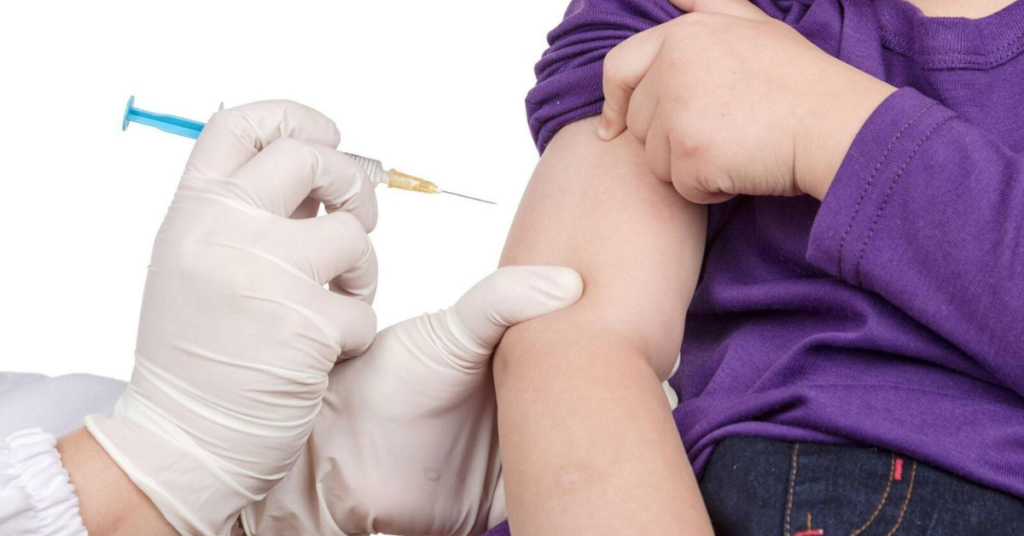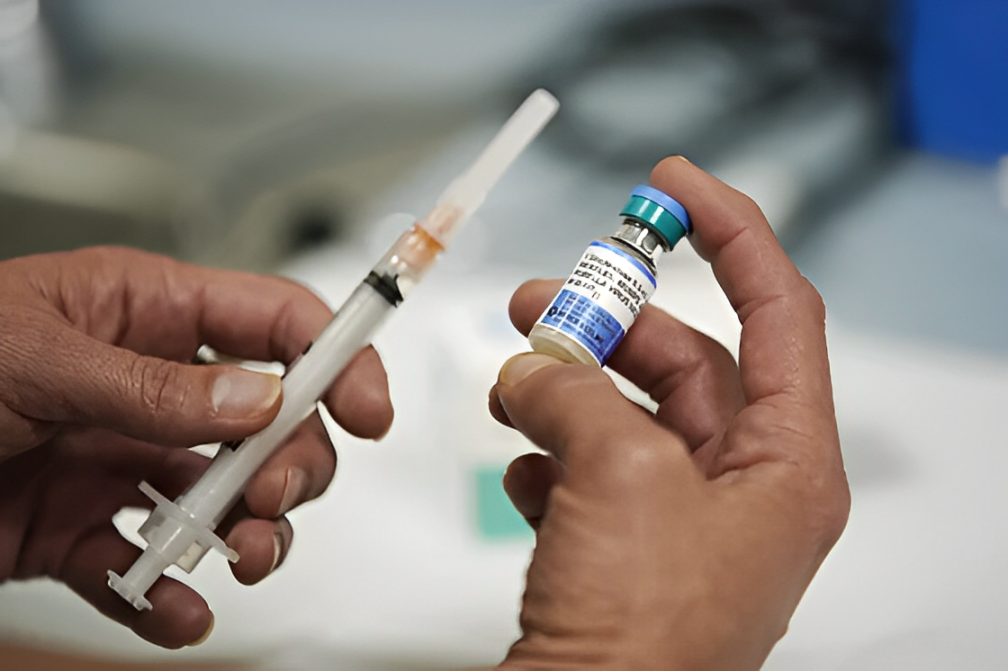In a concerning development, the Texas Department of State Health Services (DSHS) has reported a significant measles outbreak in the South Plains region, with confirmed cases rising to 48 over the past three weeks. This marks the most substantial surge in measles cases the state has experienced in nearly 30 years.
Outbreak Details
The outbreak is predominantly centred in Gaines County, a rural area approximately 87 miles southwest of Lubbock. Surrounding counties, including Lynn, Terry, and Yoakum, have also reported cases, though in smaller numbers.
Health officials have identified that the majority of those infected are children and teenagers, with 42 of the 48 cases involving individuals aged 17 or younger. Alarmingly, 13 patients have required hospitalization due to severe symptoms.
All confirmed cases involve individuals who are either unvaccinated or have an unknown vaccination status. The outbreak has been traced to a “close-knit, under-vaccinated” Mennonite community within Gaines County.
However, DSHS spokesperson Lara Anton emphasized that the community’s vaccination choices are personal and not influenced by religious doctrine. “The church isn’t the reason that they’re not vaccinated,” Anton stated. “It’s all personal choice, and you can do whatever you want. It’s just that the community doesn’t go and get regular health care.”
Health Response and Vaccination Efforts
In response to the outbreak, state and local health authorities are intensifying efforts to contain the virus’s spread. Initiatives include setting up vaccination clinics, enhancing screening processes, and educating the public about the critical importance of immunization. The South Plains Public Health District Clinic in Seminole is actively offering vaccinations to residents in and around the affected areas.

Measles is a highly contagious viral infection that can lead to severe health complications, especially in young children. Symptoms typically begin with a high fever, cough, runny nose, and red, watery eyes, followed by a characteristic rash that usually starts on the face and spreads downward. The virus can remain airborne for up to two hours, making it exceptionally transmissible.
The Measles, Mumps, and Rubella (MMR) vaccine is highly effective in preventing measles infections. The Centers for Disease Control and Prevention (CDC) recommend that children receive two doses: the first at 12 to 15 months of age and the second at 4 to 6 years. Despite the vaccine’s proven efficacy, there has been a notable increase in vaccine exemptions in Texas over the past decade. State data indicates that the percentage of children with vaccine exemptions has risen from 0.76% in 2014 to 2.32% in the most recent school year.
Community Impact and Concerns
Gaines County, the epicentre of the current outbreak, has one of the highest rates of vaccine exemptions in Texas. Nearly 14% of K-12 students in the county have opted out of at least one required vaccine during the 2023-2024 school year. This figure likely underrepresents the true number, as it does not account for homeschooled children whose vaccination statuses are not reported.
The rising trend of vaccine exemptions has raised concerns among public health officials. Communities with lower vaccination rates are more susceptible to outbreaks of preventable diseases like measles. The current situation in West Texas underscores the potential consequences of declining immunization coverage.
National Context
The Texas outbreak contributes to a broader national concern regarding measles resurgence. As of February 6, 2025, the CDC reported 14 measles cases across five jurisdictions, including Texas. Notably, 100% of these cases involved individuals who were unvaccinated or had unknown vaccination statuses.
The CDC emphasizes that maintaining high vaccination coverage is essential to prevent the spread of measles and protect public health. Communities with low vaccination rates are at increased risk for outbreaks, especially when the virus is introduced from international sources.
Call to Action
Health authorities strongly urge all individuals, especially those in affected areas, to ensure they are up-to-date with their vaccinations. The MMR vaccine is widely available and has a long-standing record of safety and effectiveness. Vaccination not only protects the individual but also contributes to community immunity, safeguarding those who cannot be vaccinated due to medical reasons.
For more information on measles and vaccination recommendations, individuals are encouraged to visit the CDC’s official page on measles cases and outbreaks.
The current outbreak serves as a stark reminder of the importance of vaccination in preventing the resurgence of diseases once considered eliminated in the United States.
Disclaimer: This article has been meticulously fact-checked by our team to ensure accuracy and uphold transparency. We strive to deliver trustworthy and dependable content to our readers.








